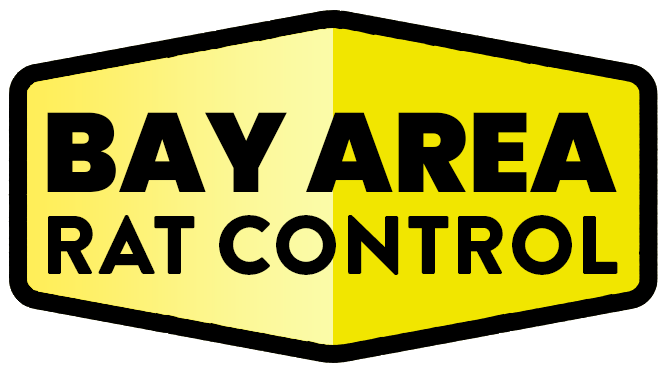Opening Thoughts
Rats are not just a nuisance; they are carriers of numerous diseases that pose significant risks to human health. These pests can transmit illnesses directly through bites, droppings, and urine, or indirectly via fleas and ticks. Understanding the health hazards associated with rats is essential for protecting your family, pets, and community.
Common Diseases Transmitted by Rats
1. Leptospirosis
- Cause: Bacteria found in rat urine.
- Transmission: Through contact with contaminated water or soil, or ingestion of contaminated food.
- Symptoms: Fever, headache, muscle pain, jaundice, and, in severe cases, kidney or liver damage.
2. Hantavirus
- Cause: Virus found in rodent droppings, urine, or saliva.
- Transmission: Inhalation of airborne particles from dried rodent waste.
- Symptoms: Fatigue, fever, muscle aches, and respiratory distress in severe cases.
3. Salmonellosis
- Cause: Bacteria found in contaminated food or water.
- Transmission: Indirect contact with rats that have contaminated food or surfaces.
- Symptoms: Diarrhea, abdominal cramps, and fever.
4. Rat-Bite Fever
- Cause: Bacteria from rat bites or scratches, or by ingesting contaminated food or water.
- Transmission: Direct contact with infected rats.
- Symptoms: Fever, vomiting, rash, and muscle pain.
5. Plague
- Cause: Bacteria transmitted by fleas carried by rats.
- Transmission: Flea bites or contact with infected rats.
- Symptoms: Fever, chills, swollen lymph nodes, and, in severe cases, septicemia or pneumonia.
Indirect Health Risks
1. Allergic Reactions
- Triggers: Rat droppings, urine, and dander can trigger allergies in sensitive individuals.
- Symptoms: Sneezing, coughing, skin rashes, or asthma attacks.
2. Secondary Infestations
- Rats often carry fleas, ticks, and mites that can infest homes and transmit additional diseases.
3. Mental Health Impacts
- Persistent infestations can lead to stress, anxiety, and sleep disturbances, especially in families with young children.
Preventive Measures to Protect Your Health
1. Maintain Cleanliness
- Keep food sealed in airtight containers.
- Regularly clean floors, countertops, and garbage bins.
2. Eliminate Rodent Access
- Seal holes, cracks, and gaps in walls, doors, and windows.
- Trim vegetation and remove clutter around your property.
3. Use Protective Equipment
- Wear gloves and masks when cleaning areas with rat droppings or urine.
- Disinfect surfaces with a bleach solution to kill bacteria and viruses.
4. Regular Pest Control
- Set traps and bait stations in high-risk areas.
- Consult professional exterminators for large infestations or recurring issues.
When to Seek Medical Attention
- If you experience symptoms after exposure to rats, such as fever, fatigue, or respiratory distress.
- After a rat bite or scratch, even if it appears minor.
- In cases of severe allergic reactions or infections suspected to be caused by rats.
Final Thoughts
Rats are not just an inconvenience—they are a serious health hazard. By understanding the diseases they carry and taking preventive measures, you can safeguard your home and family from these risks. Awareness and swift action are the first lines of defense against the health threats posed by rats.
Relevant Links/Sources:
Diseases from Rodents – CDC
Health Risks from Rats – WHO
Rat-Borne Illness Prevention – EPA
